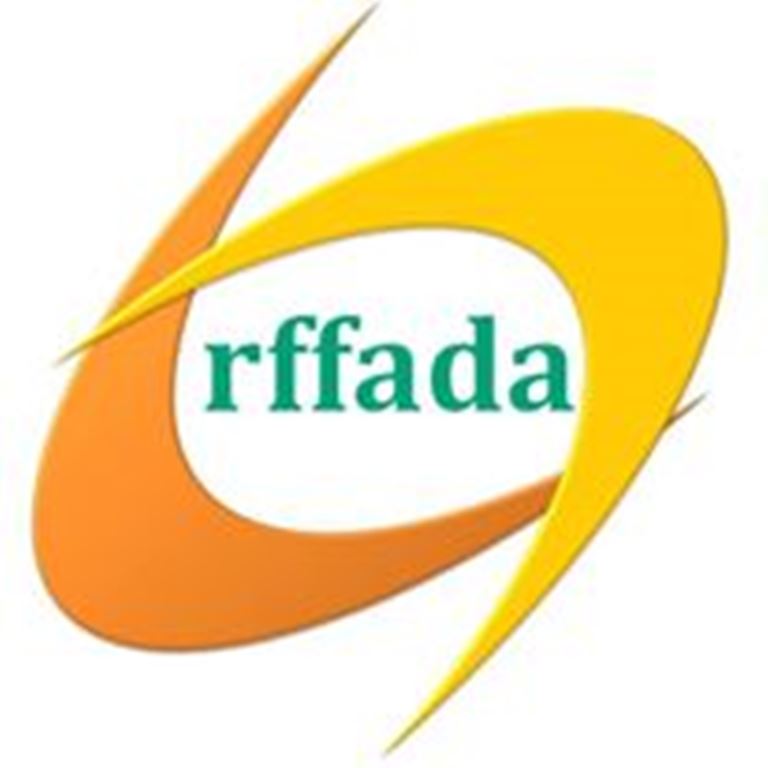- by: Paul Syvret
- From: The Courier-Mail
- October 16, 20129:05AM
Taxing wine? The nanny state is going too far. Picture: Thinkstock Source: Supplied
A government report says Australians drink too much and the solution is higher taxes on wine – in effect, prohibition by stealth
————-
WHEN there is no more room in hell, wowsers will walk the earth.
You see, I doubt that hell is the fabled stygian abyss with lakes of fire and endless wailing and gnashing of teeth.
More likely it is a cold and lonely joint, populated not by philanderers, sybarites and carousers of all kinds but rather by the world’s do-gooders and moral and health crusaders.
Rather than a pit of iniquity, I suspect hell is a nightmare of eternal abstinence, temperance, and veganism, with 24/7 easy-listening music in the background.
It is from this pitiless void that the authors of the Australian National Preventative Health Agency report on alcohol pricing have clearly emerged.
For those who missed weekend news reports, the agency has basically decided we are a nation of lushes and the best way to combat the scourge of people enjoying themselves over a few glasses of vino collapso is to tax the bejesus out of hitherto affordable wine.
We should have seen this coming, given that submissions to the agency this year from health and consumer groups advocated a minimum price of $1.30 for a standard drink, which in the case of wine is about 100ml.
Now apparently the final report is almost upon us and will recommend a floor price on wine that will push the price of the cheapest bottle of cleanskin plonk to about $10, and a four-litre cask (which at Chateau Syvret is used for cooking and medicinal purposes only) to somewhere in the vicinity of $50.
This is all aimed at – as was the strategy with tobacco – raising the price to the point where people can’t afford to drink as much.
According to the logic of AMA president Geoffrey Dobb, the fact you can buy a four-litre cask of wine for as little as $10 encourages people to drink more because it’s so cheap.
Right. So drinking is all about price point and nothing to do with having a thirst up on a Friday night after work, when you’re more likely to be in the pub paying up to $4 for a pot of beer anyway.
It has nothing to do with deciding to order the extra bottle after a convivial dinner with friends because conversation is flowing nicely and everyone’s having a good time.
So if bread were cheaper, I’d have two sandwiches at lunchtime instead of one?
And didn’t the tax on so-called alcopops (pre-mixed spirit drinks such as rum and cola) work a treat?
Yes, jacking up the price of a six-pack of Bundy’s finest to over $20 did render it unaffordable for many young drinkers, who immediately solved the problem by buying bottles of raw spirits and mixing it up themselves.
So instead of drinking a few cans of rum or bourbon diluted with soft drink to an alcohol content on a par with beer, you have kids armed with a bottle of the hard stuff at about eight times the strength.
What gibbering Temperance Union genius thought that one up?
But then what can you expect from the health police when some of the logic used to justify another tax slug is that some wine is cheaper than bottled water?
Putting aside for a minute the fact that bottled water is one of the greatest marketing coups ever pulled off in the history of free-market capitalism, can we point out here that petrol is also cheaper than bottled water.
On that logic, should we increase the fuel levy accordingly so we have some sort of bottled water pricing parity with premium unleaded?
All this is justified apparently because one in five adult Australians drink alcohol in quantities that could be harmful to their health, which I think categorises anyone quaffing more than four pots in a session (two for a female) as a binge-drinker.
Yes, well, guilty as charged. Sue me.
The problem with using the taxation system as a tool for social engineering is that the increases in tax are usually exceptionally regressive in that they are felt most acutely by lower-income households.
With the massive increases in the tobacco excise in the past decade, one of the major results was not so much a dramatic fall in the number of smokers as a boom in the black-market trade for “chop chop” tobacco and illegally imported foreign cigarettes on which no duty had been paid.
What the Preventative Health Agency is proposing is in effect prohibition by stealth, lifting the cost of a quiet tipple to astronomical levels for those who can least afford it.
What next? Alcohol ration cards?
Just thinking about it is enough to drive a man to drink.
And on that basis, I take heart in the knowledge that at any given moment, somewhere in the world, it is beer o’clock

